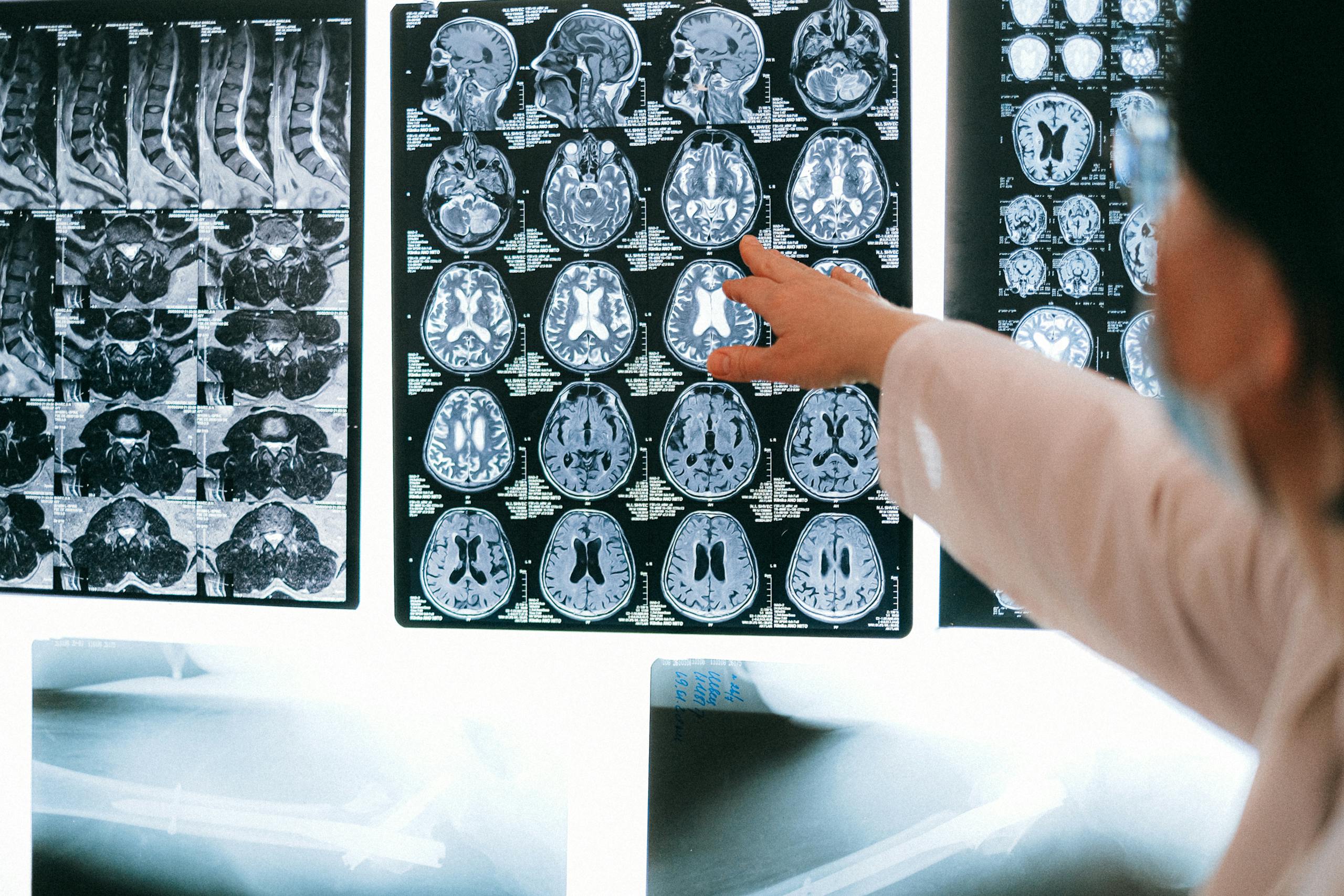Why You Need an MRI Expert Witness in Medical Malpractice Cases
Medical malpractice cases demand technical precision, especially when diagnostic imaging is central to the dispute. As advocates for factual clarity and legal integrity, we emphasize the irreplaceable value of an MRI expert witness in navigating the complex intersection of radiology and law. Their specialized knowledge is instrumental in deciphering medical imaging evidence and providing authoritative testimony in high-stakes litigation.
Understanding the Role of an MRI Expert Witness
An MRI expert witness is a medical professional typically a radiologist with advanced expertise in Magnetic Resonance Imaging (MRI). Their primary function is to interpret MRI scans and provide a credible, unbiased opinion on whether a deviation from the standard of care occurred. Their testimony bridges the gap between complex clinical data and courtroom comprehension.
Key Responsibilities:
- Analyze MRI imaging for diagnostic accuracy
- Determine adherence to imaging protocols and timing
- Identify missed findings or misinterpretations
- Provide written reports and in-court testimony
- Support attorneys in formulating technical arguments
Why MRI in Court Holds Evidentiary Power
MRI in court provides compelling visual evidence that can either substantiate or dismantle claims of negligence. Unlike other imaging modalities, MRI reveals detailed soft tissue contrast, crucial in diagnosing subtle yet significant pathologies like spinal cord injuries, brain hemorrhages, or ligament tears conditions often at the heart of malpractice disputes.
How MRI Imaging Influences Court Decisions:
- Clarifies the presence, extent, and progression of injury
- Validates or refutes the timeliness of a diagnosis
- Highlights discrepancies between clinical notes and imaging results
- Supports chronological mapping of patient deterioration
Common Legal Scenarios Requiring an MRI Expert Witness
An MRI expert witness proves invaluable across diverse malpractice contexts. Below are common legal scenarios where their testimony alters the outcome:
1. Missed Diagnoses
Failing to detect a tumor, stroke, or spinal injury on an MRI can lead to delayed treatment with irreversible consequences. An expert witness pinpoints where and how diagnostic steps faltered.
2. Improper Imaging Technique
Using incorrect MRI protocols such as the wrong sequence, insufficient contrast, or inadequate anatomical coverage can result in nondiagnostic images. This failure often constitutes a breach of the standard of care.
3. Delay in MRI Acquisition
In time-sensitive conditions like cauda equina syndrome or acute stroke, any delay in obtaining MRI scans can escalate harm. Expert witnesses highlight these lapses and assess causation.
4. Miscommunication Between Radiologist and Clinician
A breakdown in communication regarding MRI findings can derail patient management. Expert witnesses evaluate documentation trails and report dissemination.
Legal Advantages of Retaining an MRI Expert Witness
Attorneys who engage MRI experts early in the litigation process benefit from a strategic edge. These experts bolster the credibility of the case, streamline discovery, and reinforce arguments during settlement negotiations or trial.
Tangible Legal Benefits:
- Strengthens the admissibility of imaging evidence
- Increases jury comprehension of complex medical topics
- Preempts opposing arguments with technical precision
- Assists in deposition preparation and expert rebuttals
Selecting the Right MRI Expert Witness
Choosing a qualified MRI expert witness requires scrutiny. The ideal candidate combines clinical radiology experience with legal familiarity. They must articulate complex imaging findings clearly and maintain impartiality.
Evaluation Criteria:
- Board certification in radiology
- Subspecialty in neuroradiology, musculoskeletal, or body imaging
- Previous legal testimony experience
- Clear, jargon-free communication skills
- A strong reputation for ethical integrity
Case Study: How MRI Testimony Turned a Case
In a recent malpractice suit involving a delayed diagnosis of a herniated cervical disc, the plaintiff’s legal team enlisted an MRI expert witness. The expert demonstrated how earlier imaging revealed subtle signs of disc extrusion that were overlooked. Their testimony directly contributed to a favorable settlement exceeding $1.5 million by proving causation and diagnostic error.
Conclusion: The Indispensable Impact of MRI Expert Testimony
In a legal landscape where evidence must be both scientifically valid and legally sound, MRI expert witnesses serve as pivotal agents of truth. They elevate imaging from a static set of images to a narrative of medical decision-making, causation, and accountability. Any legal team pursuing or defending against malpractice allegations involving diagnostic imaging must consider their involvement as a non-negotiable strategic asset.

